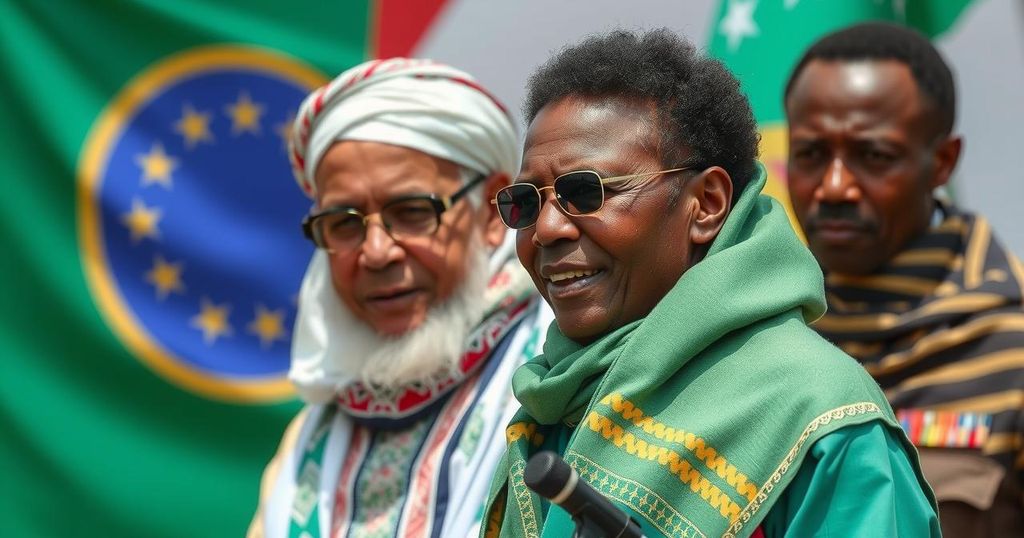Ethiopia has accused Somaliland of fueling recent clan conflicts, resulting in casualties and significant property damage. The tensions have prompted governmental meetings to address the security situation, with Ethiopian leaders urging the withdrawal of Somaliland military forces from the border. There are claims of a broader conspiracy associated with former Somaliland President Muse Bihi Abdi’s administration, which adds another layer of complexity to the conflict.
Ethiopia has officially charged the Somaliland government with exacerbating clan conflicts within its territorial bounds. A recent meeting in Jigjiga, attended by security officers from both nations, addressed the heightened tensions that have resulted from recent clashes between Somali clans along the Somaliland border in the Harshin woreda. Disputes over grazing territories have sparked violent confrontations that led to fatalities, including the death of local security commander Mohamed Abdulahi Gedi and injuries to responders attempting to mediate the unrest.
The escalating violence has caused significant civilian casualties, with reports of approximately 50 civilians dead or injured, alongside 30 Somali police officers. Furthermore, extensive property damage has been attributed to the clashes, notably from alleged attacks by troops from Somaliland. While Somaliland officials deny governmental responsibility for the armed individuals involved, Ethiopian authorities assert that substantial evidence ties these forces to Somaliland’s army, claiming that they have disguised themselves as civilians during the conflict.
In a bid to address the situation, key regional leaders convened in Jigjiga to discuss security measures. The meeting was chaired by Hussein Hashi, president of the Somali region, and included top officials from both regions’ military and police forces. The Ethiopian Federal Police Commissioner General Demelash Gebremichael stressed the necessity for amicable resolutions to clan disputes, citing clear evidence of Somaliland’s military engagement in these conflicts.
The current tensions between Ethiopia and Somaliland arise from longstanding clan disputes, exacerbated by cross-border influences and territorial conflicts over resources, particularly grazing lands. The recent violent incidents have highlighted unresolved tensions that remain from a history of complicated relations between the two regions since Somaliland’s declaration of independence in 1991. The involvement of military forces has alarmed Ethiopian authorities, prompting high-level discussions aimed at de-escalating the situation and preventing further violence.
In summary, Ethiopia has accused Somaliland of actively participating in clan conflicts within its borders, resulting in tragic human and property losses. The recent violent clashes have drawn attention to the fragile security situation along their shared border and the complex interplay of clan dynamics. Ethiopian officials have urged the withdrawal of Somaliland troops, aiming to restore peace and maintain national stability amidst ongoing tensions. The continuation of high-level dialogue remains vital to addressing these escalating issues in the region.
Original Source: capitalethiopia.com






